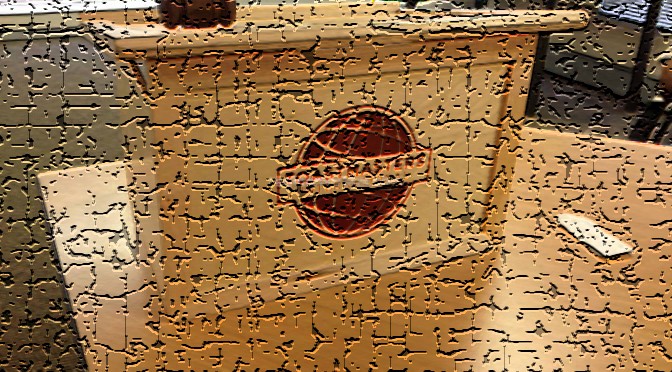I have come across many different opinions on the use of notes in speeches and presentations. The general feeling among novice speakers is to use notes to refer to if needed. It is a sinking feeling to forget one’s next point. So…To Notes or Not to Notes?
But the speaker is supposed to know what they are talking about, right? When you consider the nervousness factor then a topic you know a lot about can all of a sudden become one you do not remember much of!
Notes are not a replacement for good preparation and practice.
Perhaps you just want to have that feeling of security, like having a safety net.
Perhaps your talk contains many facts and statistics and having notes will ensure you mention accurate numbers.
If you decide to take notes up with you, keep these in mind:
- Is there a place to put the notes, like a lectern or desk, even if they are to the side of your speaking area.
- Remember to keep eye-contact.
- Remember your body language.
- Your voice and facial expressions, and how you use them becomes very important – pitch, pace, pause and tonality.
There are occasions when it is better not to refer to notes:
- An after-dinner speech which is usually meant to be light.
- A humorous or funny speech (you don’t want to be reading a joke out – refer to this blog post for more on delivering jokes).
- A presentation – keep in mind that the slides are not meant to be your notes – remember that you need to talk to the slide and not read out the slide.
When compiling notes, keep these in mind:
- Try and use keywords or key phrases – once you have gotten the butterfies to fly in formation you will be surprised how much you remember, even things you did not initially write down and that make sense to be mentioned.
- Use index cards for each point or idea.
- Better yet, my personal favourite – use a mind-map.
TED speakers do not use notes. They prepare for their TED talk for months and use different techniques, from writing out the whole talk, memorising it, having many dry-runs and using mentors.
Remember: If you leave something out, no one but you will know. That is not so bad is it?
The next lesson is O for Onomatopoeia and other linguistic devices.
This post is part of the Blogging from A to Z Challenge. Twitter hashtag is #AtoZChallenge and Twitter id is @AprilA2Z
Discover more from Wide Eyed In Wonder
Subscribe to get the latest posts sent to your email.
